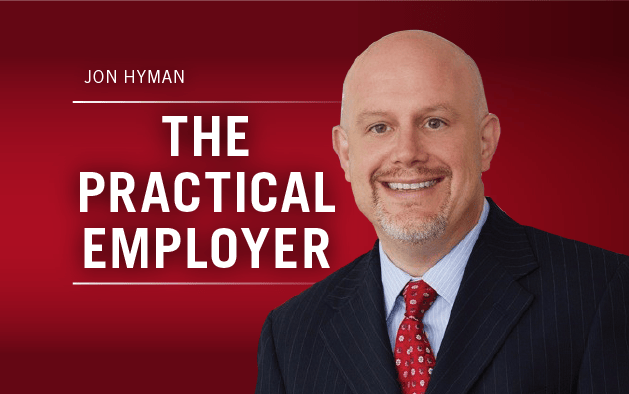The Federal Emergency Management Agency, the agency charged with responding to natural disasters, appears to have a disaster of its own to respond to.
It appears that its former HR chief offered creative “bonuses” to his male employees — he’s accused of hiring women to be possible sexual partners to men working for the agency.
I’ll pause to let that one sink in.
Slate.com fills in the salacious details:
A former head of human resources for the Federal Emergency Management Agency is under investigation after being accused of hiring women as possible sexual partners for male employees….
That accusation was one of many leveled against Corey Coleman, who led the HR department from 2011 until June, that depicted him as creating a toxic workplace for the 20,000-person agency, pushing out qualified employees, allowing sexual harassment to occur unchecked, and filling the agency with unqualified employees, many of whom are still there.
Coleman himself has been accused of sexually harassing female employees, and two employees have said they had inappropriate sexual relationships with him….
These findings came from a seven-month internal investigation that wrapped up Friday….
Coleman, who resigned in June before being interviewed by investigators, has also been accused of hiring friends, college fraternity brothers, and women he met on dating sites and at bars, starting in 2015…. He also allegedly promoted them within the agency without going through the formal hiring and review processes, and, most shockingly, transferred some women to offices and departments to be closer to friends who wanted sexual relationships with them.
For his part, FEMA Administrator Brock Long, in a formal statement, called the allegations “deeply disturbing,” stated that “harassment of any kind will not be tolerated at FEMA,” and outlined his five-point plan to address allegations of employee misconduct within the agency. Words are nice, but these problems, which seem to be deep and organizational, will take a long time to fully correct.
Indeed, if your head of HR is hiring women to serve as sexual partners for his male employees, not only is your HR, your culture, and your organization broken, you also might be the worst employer of 2018.
Previous nominees:
The 1st Nominee for the Worst Employer of 2018 Is … the Holy Harasser
The 2nd Nominee for the Worst Employer of 2018 Is … the Arresting School Board
The 3rd Nominee for the Worst Employer of 2018 Is … the Camera Creep
The 4th Nominee for the Worst Employer of 2018 Is … the (in)Humane Society Harasser
The 5th Nominee for the Worst Employer of 2018 Is … the Political Pension Preventer
The 6th Nominee for the Worst Employer of 2018 Is … the Sadistic Sergeant
The 7th Nominee for Worst Employer of 2018 Is … the Pregnancy Provoker
The 8th Nominee for the Worst Employer of 2018 Is … the Age Discriminator
The 9th Nominee for the Worst Employer of 2018 Is … the Retaliator
The 10th Nominee for the Worst Employer of 2018 Is … the Whitewasher
The 11th Nominee for the Worst Employer of 2018 Is … the Supervisor Supremacist
The 12th Nominee for the Worst Employer of 2018 Is … the Soulless Supervisor
The 13th Nominee for the Worst Employer of 2018 Is … the Hire-to-Harm Manager
Jon Hyman is a partner at Meyers, Roman, Friedberg & Lewis in Cleveland. Comment below or email editors@workforce.com. Follow Hyman’s blog at Workforce.com/PracticalEmployer.





